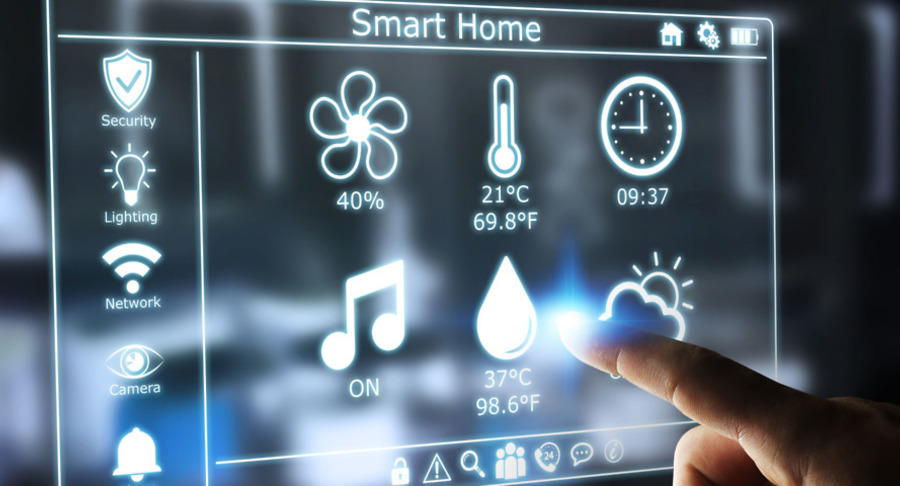Authorities to Develop Unified National Standard for Smart Apartment Buildings
The Ministry of Digital Development, together with the Ministry of Construction, the Ministry of Industry and Trade, developers, and IT companies, is working on unified standards for “smart” apartment buildings. This was stated in a letter from Deputy Head of the Ministry of Digital Development Andrey Zarenin, sent in mid-January to representatives of Yandex, Rostelecom, Etalon Group, and 37 other organizations, according to Kommersant, which cited a copy of the document.
Among the minimum requirements for a building to be classified as a “smart home,” authorities have included the presence of a platform to control all services, facial and vehicle license plate recognition systems, and infrastructure monitoring systems for utilities and housing services.
The extended package of requirements includes digital staff such as a robot concierge, a delivery robot, and a cleaning robot. Residents will have access to a single application that will not need to be reinstalled when moving to a new home.
When equipping smart homes, the use of domestic equipment with a high level of information security will be recommended to prevent data leaks abroad, according to the Ministry of Digital Development. Buildings will be constructed with domestic software in mind from the outset.
According to a source familiar with the project, the government aims to bring the current “zoo of services” to a common standard. At present, the smart home system is a “patchwork quilt” of diverse systems and services that are rarely compatible, as confirmed by the Ministry of Industry and Trade.
Developers have responded to the project with caution. “It’s unclear whether the document will be advisory or mandatory for all developers. It’s also not entirely clear how developers will integrate the standard’s requirements into their projects,” said Pyotr Kirillovsky, Director of Product Development at FSK Group.
Dmitry Shulgov, IoT Solutions Architect at Softline Digital, confirms that incompatibility between devices, proprietary standards from different manufacturers, and the lack of unified security tools make smart home solutions expensive and complex to develop.
However, it is important that lawmakers do not create closed lists of companies allowed to participate in the creation of smart home systems and clearly define cybersecurity requirements, emphasizes Ilya Sotonin, CEO of Doma.ai: “I’m talking not only about the protection of personal data, but also about the safety of engineering systems.”
“Not all components for creating a smart home are produced in our country,” adds Dmitry Livshin, Director of Digital Development at Glorax. “The adoption of standards could put manufacturers in a difficult position, as they would have to adapt their solutions specifically to our local requirements. This initiative could force some of them to leave Russia.”



